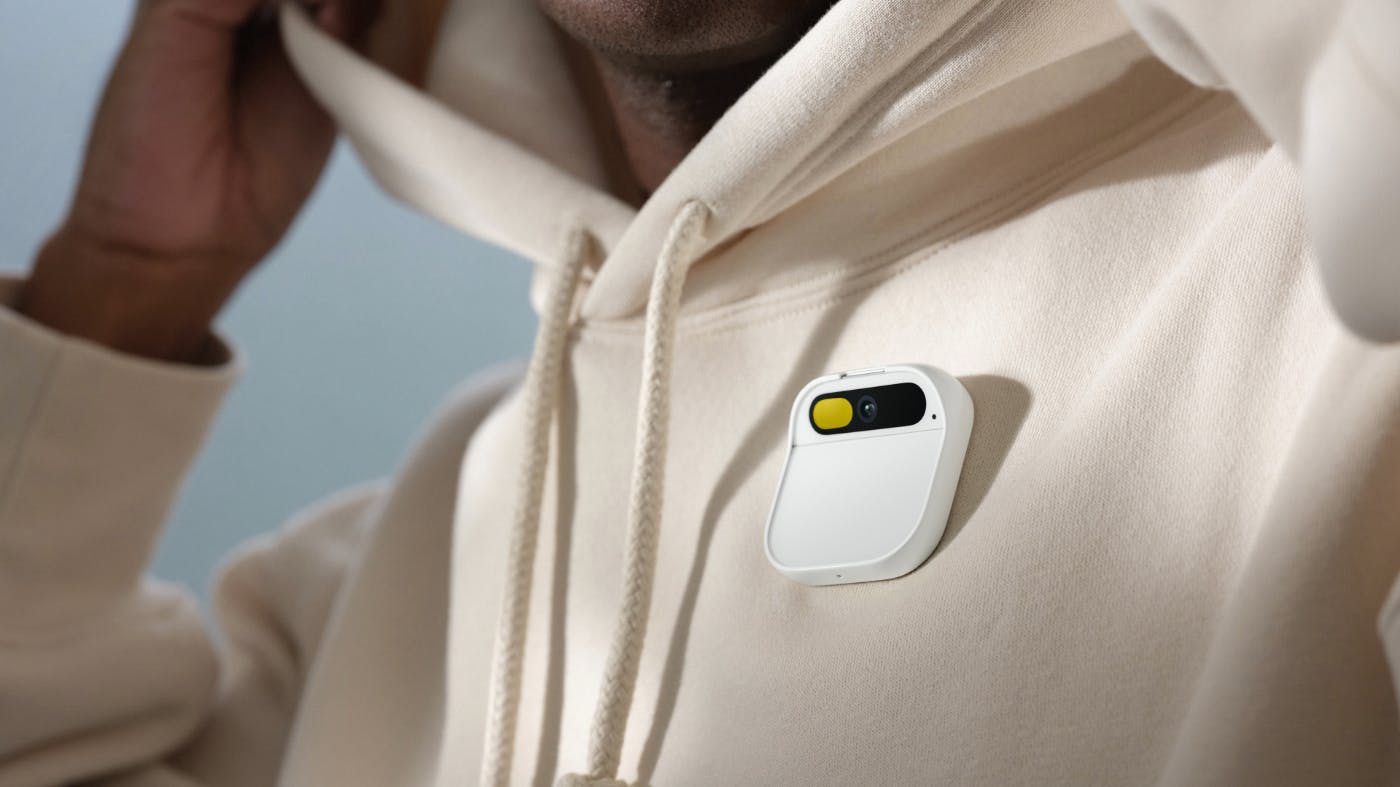Audio Presented by

A blockchain and Bitcoin enthusiast, who also loves to write and teach about politics & free markets.
Story's Credibility

About Author
A blockchain and Bitcoin enthusiast, who also loves to write and teach about politics & free markets.
